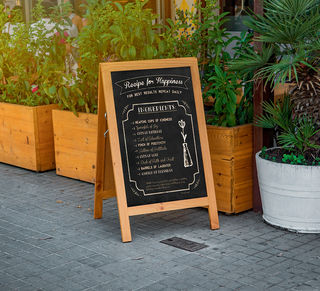The Best Use of a Good Mood
Feeling happy? It could be time to tackle that to-do list.
By A M Hammond published December 16, 2019 - last reviewed on December 20, 2020

When we’re feeling down, it makes sense to seek out loved ones to bolster our mood. But what if we’re already in a positive mood? Past research has suggested that happiness might promote socializing, but a recent analysis indicates that the connection between mood and social behavior is more complex than that.
For one month, approximately 30,000 participants used an app multiple times a day to rate their mood on a scale from 0 to 100. They also reported if they were alone or with others—strangers, acquaintances, friends, or family. Participants with a low mood earlier in the day were apt to socialize with close others later on, the researchers found. But those who started out feeling happy were more likely to spend time alone or engage with strangers later in the day.
When spirits are high, the study’s authors propose, we may be more inclined to engage in solo tasks that aren’t as enjoyable but that benefit us in the long run—like exercising or cleaning. Similarly, talking to strangers was associated with decreased happiness in the moment, but lead author Jordi Quoidbach, a professor at ESADE Business School in Barcelona, argues that there are potential long-term rewards: “You may meet a new romantic partner or make a new friend.”
The results suggest that we can capitalize on an emotional reservoir of good feelings to spend time on less clearly mood-enhancing activities, notes psychologist Amy Gentzler of West Virginia University, who was not involved in the study. The next time you find yourself in a chipper mood, she says, “Why don’t you ride your happy wave and do something productive?”
